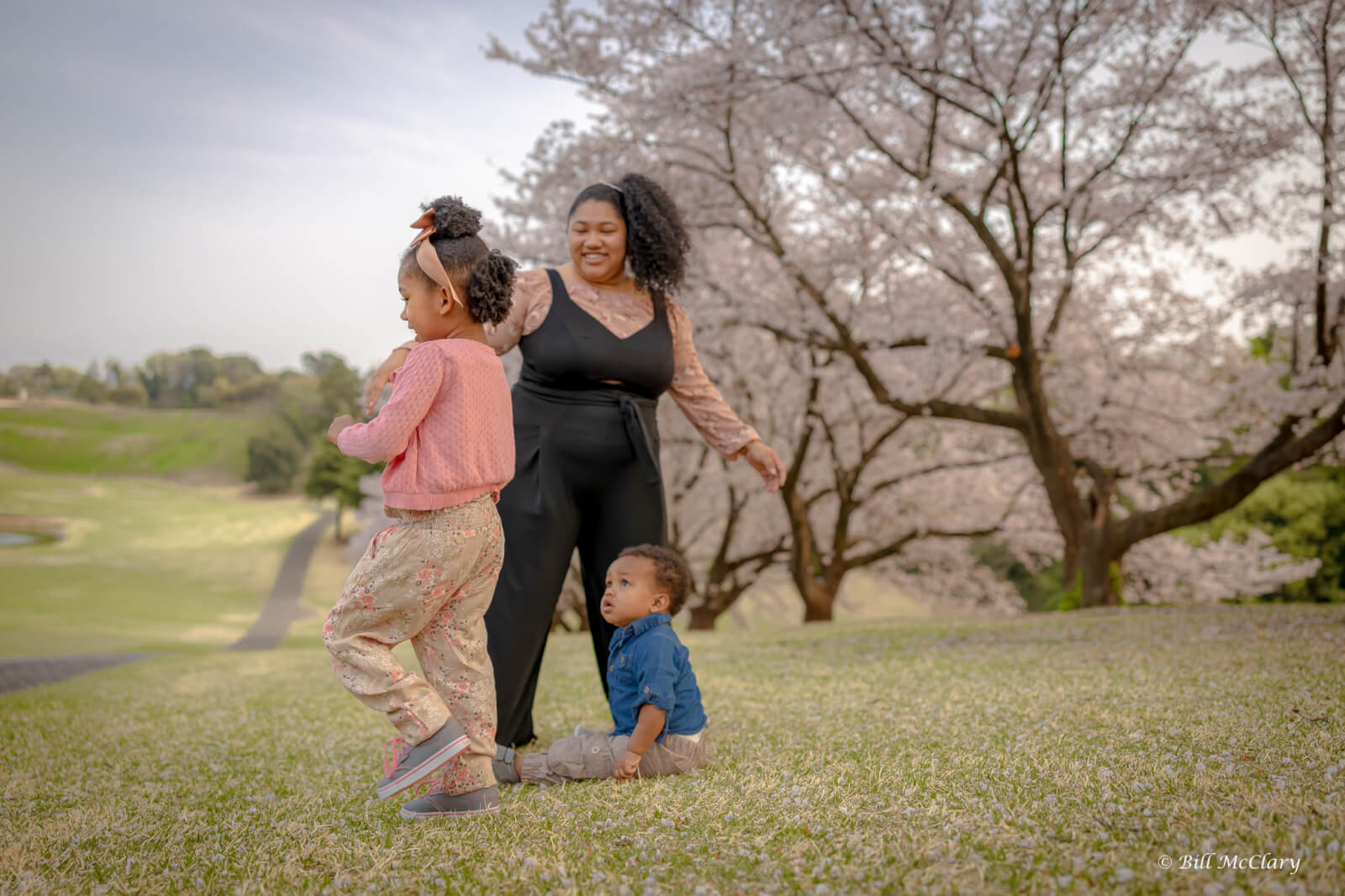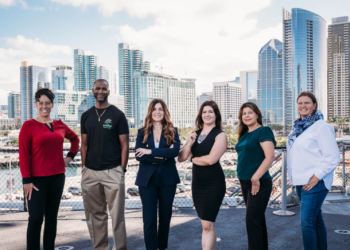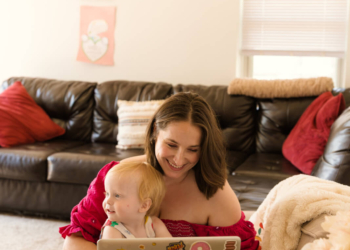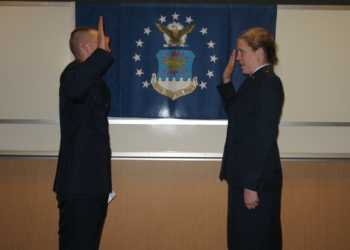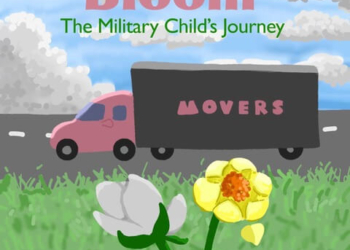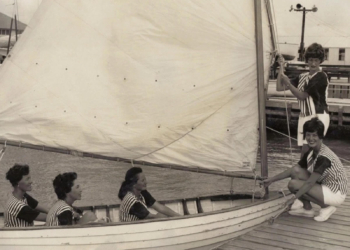When I became a Navy wife, I expected the change. Expected the moves, the distance, the constant rebuilding, but what I didn’t fully understand was what it meant.
And what I didn’t expect was how invisible I would feel in the process.
I had prepared for the logistics, but not the emotional weight. No one warned me how easily you could lose your identity while trying to hold everything together behind the scenes. I found myself constantly starting over — in new cities, new homes — with no support system, no career continuity and no room to fall apart.
While my husband wore the uniform, I wore the pressure to stay strong, stay quiet and stay grateful — something I learned early in my pregnancy when I tried to advocate for myself and my husband was told, “get your wife in line.”
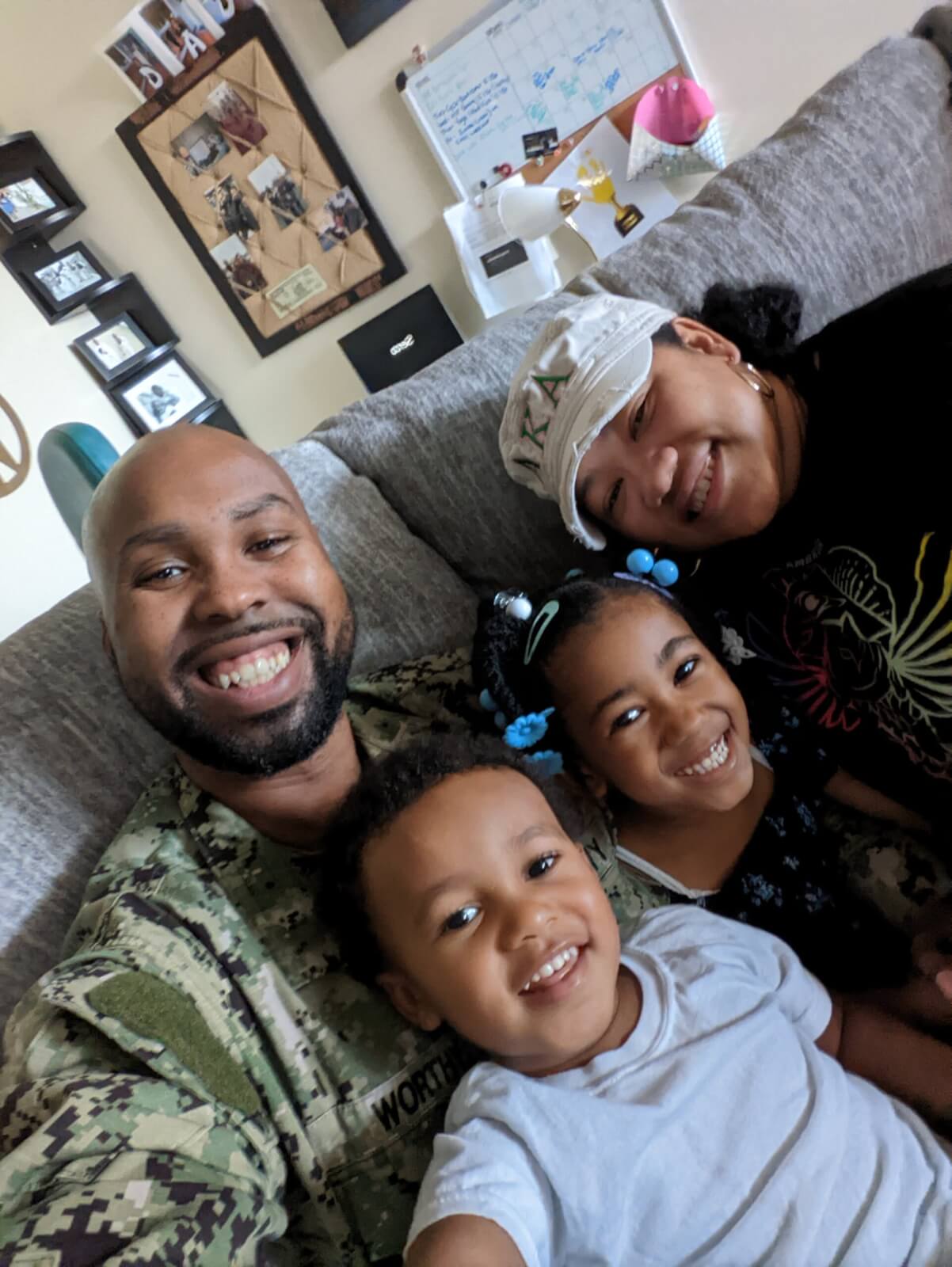
But the truth? I was frustrated and exhausted. I was physically sick and was silently navigating medical issues while managing a household alone, due to deployment schedules. Honestly, though, one of the hardest parts of this journey wasn’t the moving boxes or the deployments, it was trying to find someone who really understood.
Someone who had felt the grief of missing a funeral because “leave wasn’t approved.” Someone who had juggled PCS logistics while pregnant and in pain. Someone who had tried to advocate for healthcare while battling both physical illness and emotional fatigue. I searched for those voices, and I struggled to find them.
Behind every neatly folded uniform and deployment photo, there have to be other spouses navigating impossible choices, career sacrifices, solo parenting, medical appointments with no one in the waiting room, and milestones missed both back home and within ourselves.
I learned this not from a welcome brief or a handbook, but from lived experience.
And I learned it mostly in silence, with no paycheck, no local friends, and no clarity on what my future looked like, that is when I sat at a makeshift desk and started writing.
Just for me.
I didn’t plan to start a platform. I was simply trying to hear my own voice again. But I realized that what I was still craving was raw conversation, relevant resources and representation; they didn’t exist in the ways I needed.
The gaps were wide. So many spouse resources felt out of reach or out of touch. So I built the thing I couldn’t find. That gap, the lack of a relatable and real connection, is what eventually drove me to create “The Desk of a Navy Wife.”

It wasn’t born out of strategy. It was born out of survival. In one of the most uncertain chapters of my life, I opened a blank document and began to write the things I didn’t feel safe saying out loud:
“I’m exhausted.” “Why does everyone expect us to be so strong, all the time?”
That digital journal turned into a blog. That blog became a podcast. And slowly, that podcast became a grassroots community of military spouses in Milspos Lead. Military spouses just like me: searching for truth, connection and a space where we could show up as our whole selves.
“The Desk of a Navy Wife” isn’t polished. It isn’t perfectly packaged. But it’s real. It was built at a kitchen table during naptime, in between doctor visits and deployments. It grew during moments when I was managing pain silently, or holding space for other spouses who felt unseen.
It’s a platform powered by honesty, where we talk about the hard stuff like depression, medical advocacy, grief and identity loss. It’s where we share resources not from a PowerPoint, but from lived experience. It’s where we celebrate the career wins and we talk about career setbacks, solo parenting, mental health and the silent sacrifices no one claps for.

We need more spaces like this. Spaces that don’t just offer surface-level support but dive deep into the real challenges we face. Where resource-sharing is practical, voices are diverse, and real talk is welcome.
I may have started this community from scratch during one of the most uncertain times of my life, but it has become my life’s most meaningful work.
Because every time a spouse says, “Thank you for putting this into words,” I know I’m helping to close the gap I once fell through.
To the spouse out there feeling invisible, I see you.
Read comments

